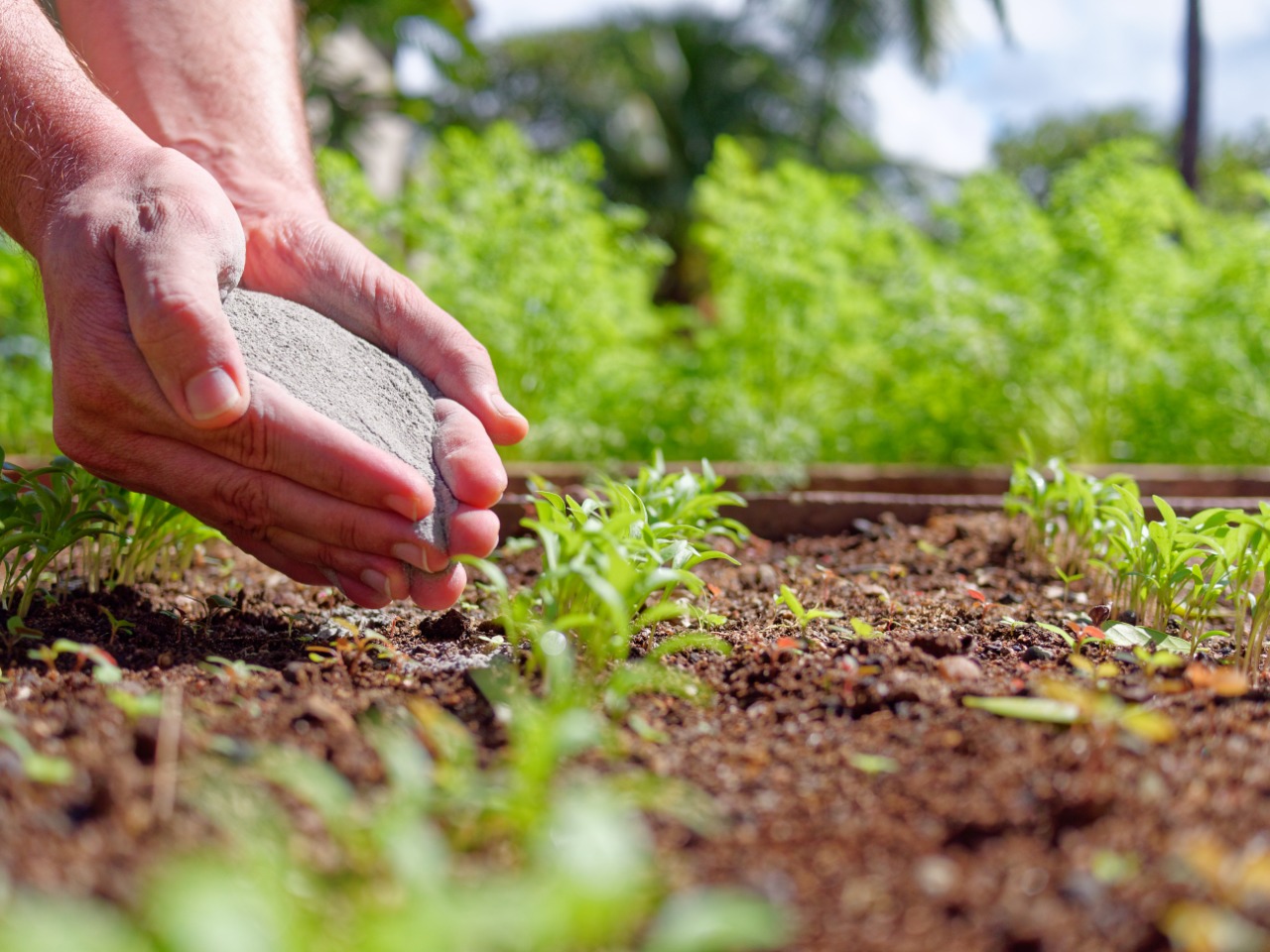RIO DE JANEIRO, BRAZIL – An international geopolitical crisis, which involves issues in countries like Ukraine, Russia, and Belarus, and a lower supply of fertilizers due to restrictions in exporting countries, are of concern to the booming Brazilian fertilizer market, which grew more than 10% in 2021, commented Ricardo Tortorella, the executive director of the National Association for Fertilizer Dissemination (Anda) on Monday, February 7.
The impact on business in Brazil, which has been importing about 85% of its fertilizer needs, could be more or less pronounced depending on the risks of Russia invading Ukraine and possible reactions and sanctions from the United States, added the executive.
Given the strong global demand for food, producers in Brazil are motivated to invest in fertilizers that maximize yields, but the sector is not immune to conflict risks, for example. Rising fertilizer prices are another point of attention for farmers, although the exchange ratio for agricultural products has benefited from the recent commodity boom.

The biggest concern, said Tortorella, is around potassium chloride, whose supply is almost all imported. The raw material is one of the three basic ingredients for fertilizing crops, including phosphate and nitrogen fertilizers.
The Brazilian fertilizer industry had already been considering the impact of U.S. sanctions on Belarus, resulting from punitive measures by the West against Belarusian President Alexander Lukashenko due to the repression of local politicians.
Belarus is one of the largest global potash producers, including Canada and Russia.
Of the approximately 11 million tons of potash that Belarus exports per year, Brazil buys just over 2 million tons, according to Anda. The Brazilian sector also imports another 2 million tons from Russia.
Brazil has been breaking fertilizer sales records in recent years as it expands agricultural production. In 2021, the country may have closed with deliveries of up to 45 million tons, an 11% increase over 2020, according to figures from the entity of all nutrients that are still being closed.
From January to November 2021 – the period with the last data closed by Anda – the Brazilian fertilizer market totaled 42.5 million tons, a growth of more than 14% over the same period of the previous year, and 35.6 million tons were of imported products, up 19%.
The executive evaluated that the production of inputs for the manufacture of fertilizers has not advanced at the same speed as global demand, which in itself would be a reason for sustained prices that now gain new momentum from the global geopolitical crises, in addition to restrictions on exports imposed by countries like China and Russia.
In the geopolitical environment, Tortorella also mentioned a critical logistic bottleneck after Lithuania banned the traffic of potash from Belarus through its railroads this month.
Despite the tension, the Anda executive said he still believes in the possibility of a political solution in the first half of the year so that Belarus’ trade flows are not hampered throughout the year.
According to him, Canada, the largest producer of potash, will not be able to replace Belarus volumes excluded from the market by the sanctions.
He also said he hoped that Agriculture Minister Tereza Cristina, who is due to travel with President Jair Bolsonaro to Russia this month, would be successful in helping the private sector secure Russian offers at this time of scarcity, following the announcement that Petrobras has settled the sale of a nitrogen fertilizer project to Russia’s Acron group.
With information from Reuters

